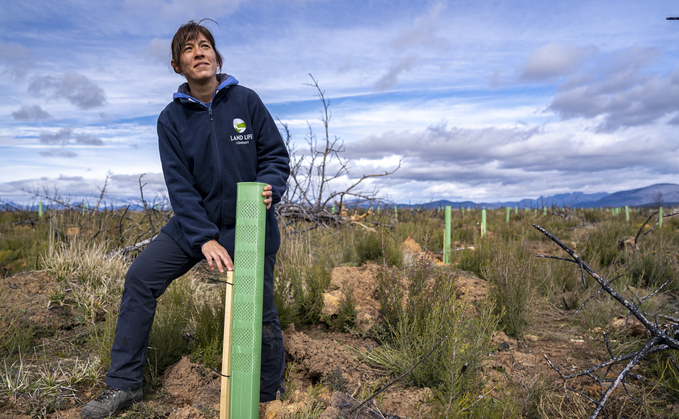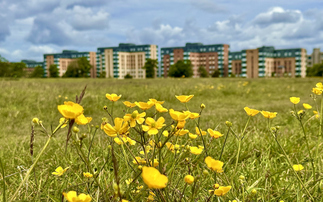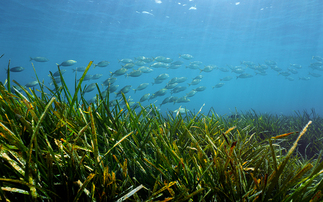
Industry Voice: Rebekah Braswell, co-CEO at Land Life, explains why patience is fundamental in nature restoration and reforestation
Everybody wants to plant trees these days. Thank goodness. Nature's sudden popularity is largely due to the realisation that in addition to avoiding and reducing CO2 emissions, we must also remove the surplus of CO2 currently warming the planet. Fortunately, there is no greater tool than a tree to draw down CO2 from the atmosphere. Unfortunately, we are in the midst of a climate crisis that has the potential to destroy economies and ecosystems alike. Given the magnitude of the situation, solely focusing on CO2 emissions does seem to be dangerously singular.
Trees have been a stabilising factor on our planet for millennia, ensuring nature's balance. When we plant them, the goal should be to restore - restore migration corridors, restore biodiversity and restore communities. As biodiversity maximisers, the glue of ecosystems, and the heart of local communities, trees are one of the world's biggest tools in combating climate change. So, in our enthusiasm for trees, perhaps it is time to look at carbon sequestration as one piece of the puzzle, as opposed to the leading point of action.
How can we redirect this hype around nature's carbon sinks to focus on nature restoration more holistically?
This is no small task as the benefits of ecosystem services and our dependency on them have long been well known, it's just that currently we aren't held accountable for their use. This is where we can learn a lot from the evolution of the rapidly growing carbon market. As with CO2 emissions, we are going to need to first measure, then report, and finally, be held accountable for our climate impact. This means thinking about Scope 1, 2 & 3 for climate, not just for CO2. What if we looked into quantifying the overall climate impact of businesses and individuals alike in a simple and easy way?
The solution is going to require two things: balance and patience. They are simple, but not in the nature of society today. When I walk through our Land Life planting sites in northern Spain and I see the oak saplings we have planted, I feel excited because despite the odds they are growing on what was once degraded land. With some trees only standing at 10cm, those hillsides in Spain show that creating a robust ecosystem is going to take 20-30 years. In restoration, patience is fundamental.
Carbon-centric thinking focuses on a narrow aspect of an enormous and complex problem, suggesting that if we reduce carbon, the climate crisis will be solved. Even though they have a positive impact, the carbon markets' new spotlight on tree planting also reveals imperfections in our current system. If trees are planted with an overemphasis on the carbon market, it can lead to devastating consequences. Monocropping and planting invasive species may draw carbon from the atmosphere but will hinder rather than help biodiversity and ecosystem recovery. The bottom line is that planting trees should be centre-stage, but as a climate solution, not a carbon solution.
When we focus on carbon we aren't addressing the full threat, and we are missing opportunities to reduce multiple impacts at once. The dialogue around carbon and reforestation is of crucial importance, but the balance of understanding that ecosystems and biodiversity are just as pivotal in this process as sequestering carbon is what it is going to take to realise our climate goals. Trees really can be the answer, but carbon is not the only question.
Rebekah Braswell is co-CEO at Land Life.
This article is sponsored by Land Life.







